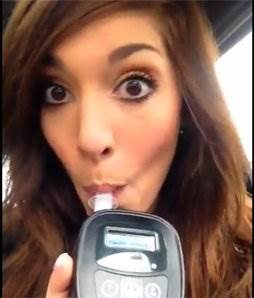 On December 17, 2013, David Shepardson reported in the Detroit News that the National Highway Traffic Safety Administration (NHTSA) has, "urged all states to require first-time drunken driving offenders to use ignition interlocks that prevent them from operating their vehicles after drinking." He continues:
On December 17, 2013, David Shepardson reported in the Detroit News that the National Highway Traffic Safety Administration (NHTSA) has, "urged all states to require first-time drunken driving offenders to use ignition interlocks that prevent them from operating their vehicles after drinking." He continues:
NHTSA Administrator David Strickland said mandatory interlocks would “protect sober motorists and ensure that individuals convicted of drunk driving learn from their mistakes.” All states make some use of ignition interlocks, which prevent cars from starting if the driver has been drinking. Twenty states and four California counties require the devices for all drivers convicted of driving drunk. Michigan does not require interlocks for all first-time offenders, but they are mandatory for those convicted with high blood-alcohol levels — 0.17 or above — who seek a restricted license. Any driver in Michigan convicted twice or more of drunken or drugged driving within seven years must use the device if they seek to drive.
The interlock breath testing companies are pouring money into lobbying efforts to get mandatory interlock laws passed in all fifty states. But what NHTSA will not acknowledge is that drunk driving rates have not decreased in states that have passed these laws.
Frankly, while these devices offer the promise of curbing drunk driving, they are plagued with problems. Determined drunks will always figure out a way around the system, while law-abiding citizens will get caught up by false positives. And the devices malfunction on an all too frequent basis. It is only a matter of time before a breath interlock testing device malfunctions and results in the death of a person who was deprived of emergency care based upon the device's malfunction.